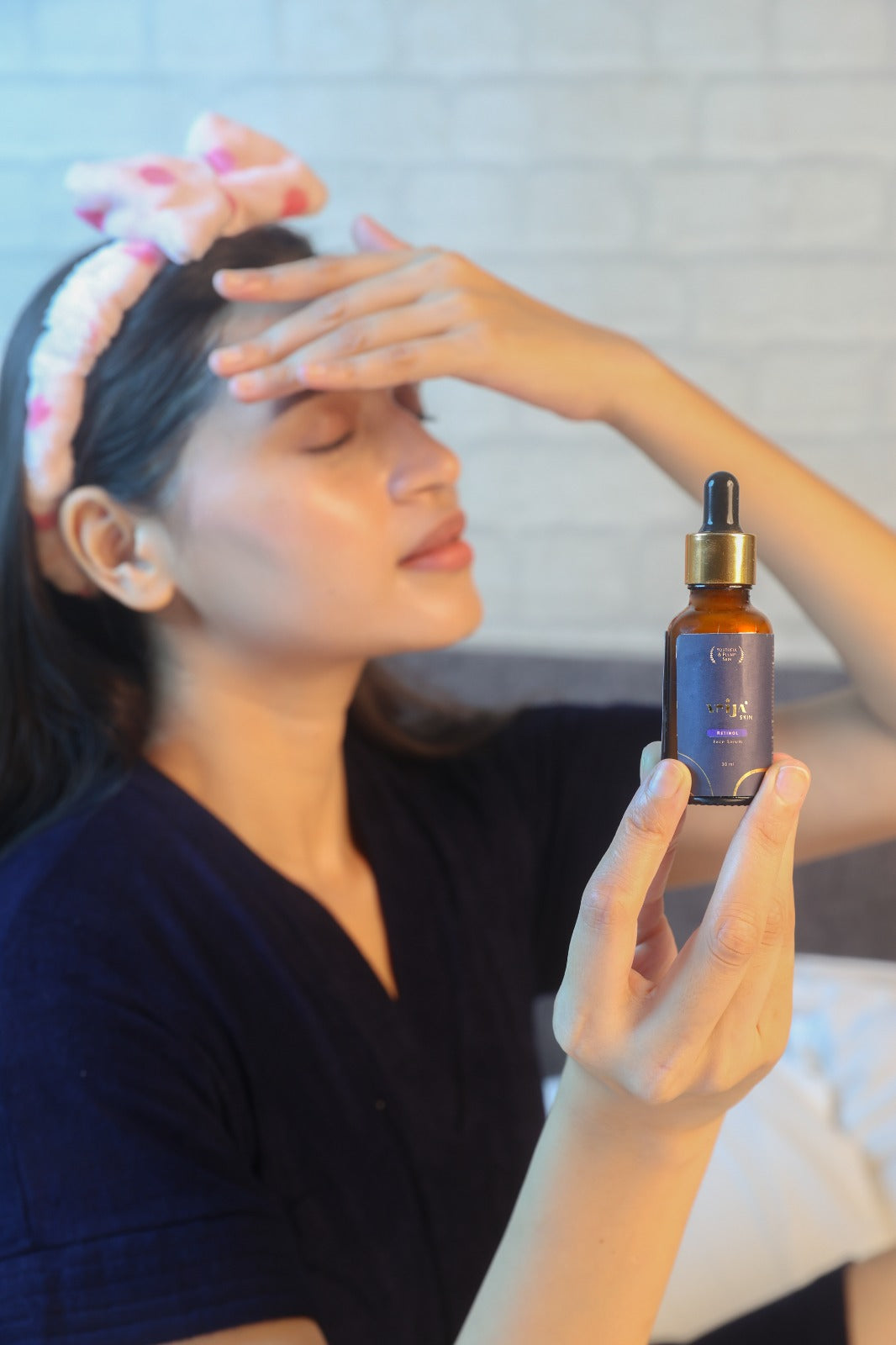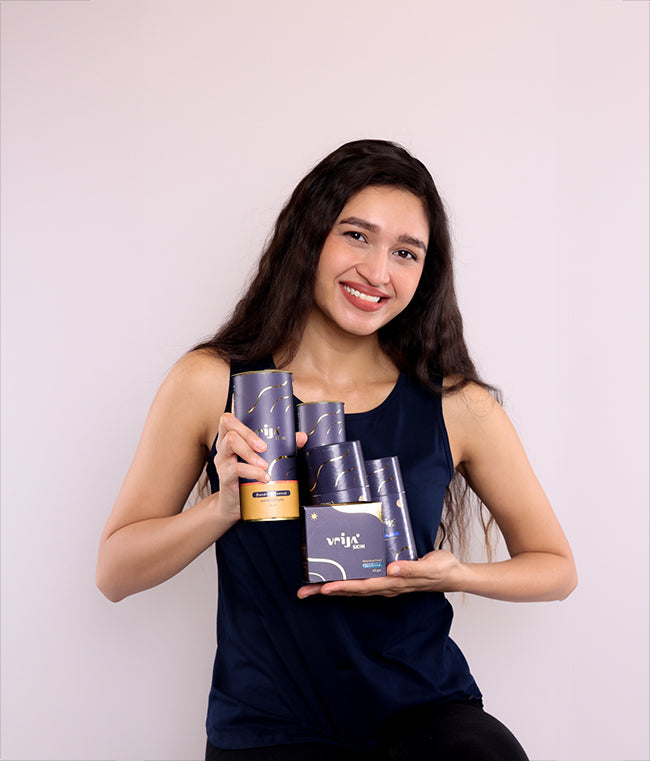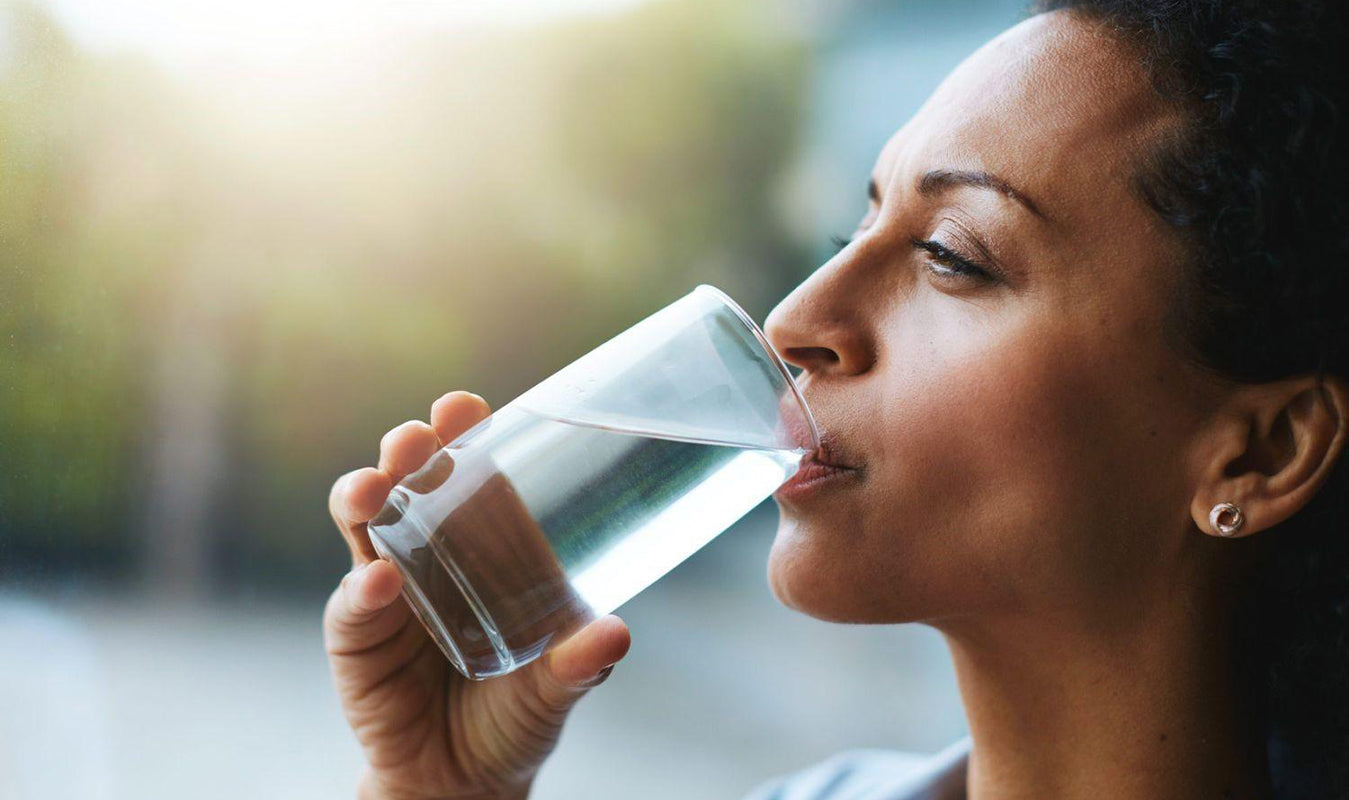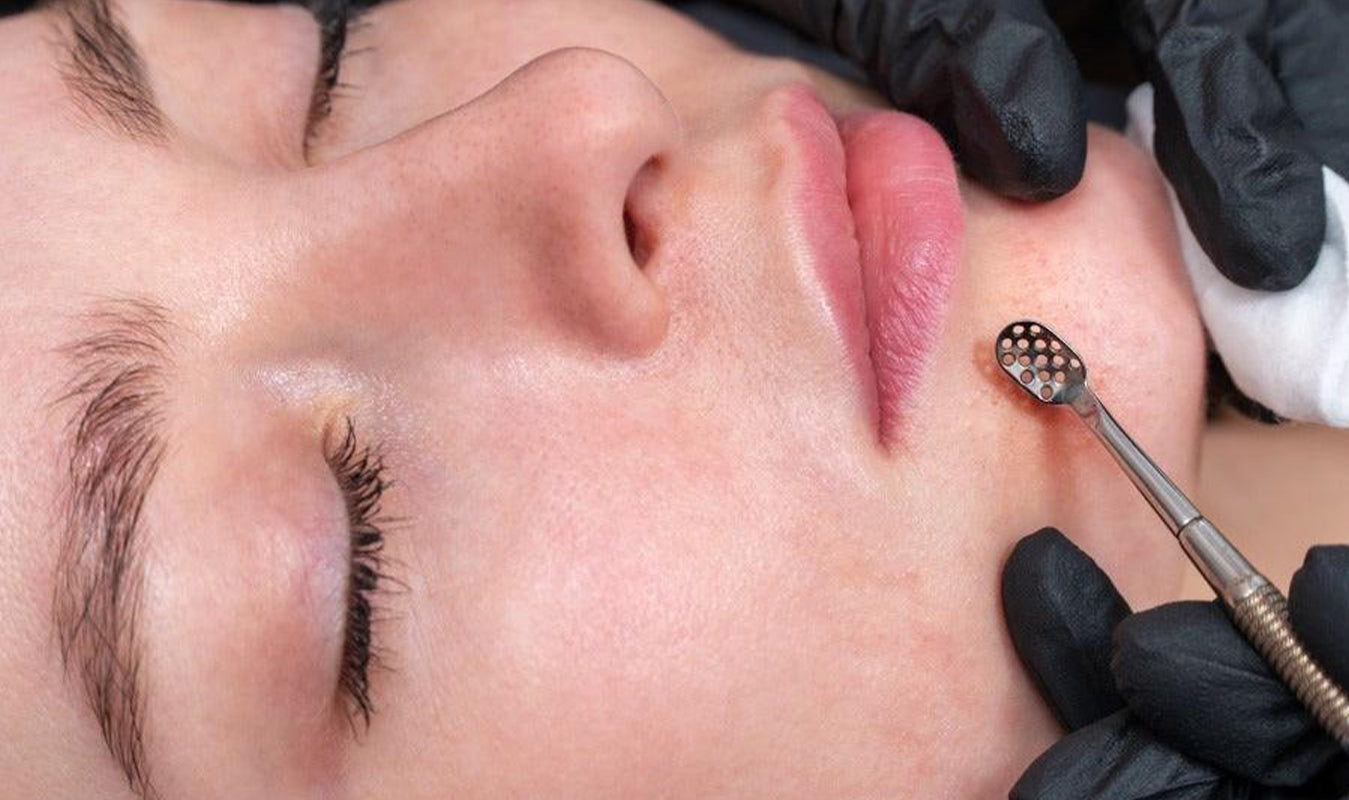
Skincare DIY Hacks That Should be Avoided
By this day and age, you would wish that the wildfire of skincare myths and misinformation would be put out for good. People must have come to the realization that barring a few heaven-sent ingredients, stuff from the kitchen belongs exactly where it should be, savoury delicacies. We would believe the same to be true for “kitchen experiments”. Alas, this has not proven to be true for most of us. Every single day we put the cosmetics lying on our skincare shelf under tons of scrutiny, and yet we let that DIY sugar scrub (along with the damage it has been doing to our skin) go largely overlooked.
This blog is for the vast number of people who were disappointed by the “fact” that toothpaste (of all things) would be the real game-changer for that unwavering acne. Today, we burst your precious bubble about weirdly popular skincare DIYs and why you should have left them behind in 2021.
Here is a list of 10 indisputable no-nos when you’re deciding which skincare DIY you are going to try that day:
Toothpaste for acne: raise your hand if you’ve used toothpaste as a spot treatment for your zits. With simply no scientific backup to the claim that toothpaste works as a spot treatment to soothe your flare-ups down, using it to reap the benefits for the same is no less than a hoax. No doubt, it may contain anti-bacterial ingredients, but those ingredients are focused to work on your oral cavity. Additionally, it does not contain only anti-bacterial ingredients. Other constituents of toothpaste are potent irritants with a particularly drying effect on the skin.
Apple cider vinegar as a toner: apple cider vinegar, or ACV, has been popularized by the skincare world as the holy-grail toner. It is the acidic product you get after fermenting apples. It is rich in vitamins. However, when used on the skin, it has the ability to strip off the topmost, protective layer from it, leaving your skin excessively inflamed, dry, and red. Additionally, some people around the world have also reported getting their skin burnt after using ACV.
Sugar scrubs for your face: the easiest way to get beautiful, glowing skin is to exfoliate it. Unfortunately, when we’re out of the beautiful bottle of glycolic acid, we may find ourselves reaching towards the canister of sugar, to fancy ourselves a DIY scrub for our poor face. However, little do we know about the damage it causes to our skin. Sugar particles are large and their ragged edges can cause micro-tears in our skin. This in turn leaves our skin more vulnerable to developing any sort of infection including acne. Instead of using a sugar scrub, please stock up on other gentler forms of exfoliation for your face, including acids; and leave the sugar scrub for the tougher parts of your body, including your limbs and back.
Hydrogen Peroxide bleach– hydrogen peroxide, a potent disinfectant, has been used as a bleach for teeth as well as the skin at a concentration of less than 3%. As it works by generating free radicals, callous use of hydrogen peroxide can be toxic to tissues, and cause skin irritation and compromised wound healing.
Baking soda: although it is a bit controversial, baking soda is not good for all skin types. The surface of your skin is slightly acidic. As we all know, baking soda or sodium hydrogen carbonate is slightly alkaline. Thus, it has the ability to disrupt the healthy ‘acid mantle’ of the skin; disturbing the wholesome bacterial composition as well the enzymatic activity.
Over-aggressive use of steam to “clean” your pores: For time immemorial, steam has been a good way to deep clean skin and improve circulation (read: Hammams and Turkish baths). But however soothing it may be, outrageous use of steam can result in ‘facial flushing’ or redness and can certainly aggravate the conditions of rosacea and eczema.
Coconut oil: Based on their pore-clogging capabilities, oils are rated on a scale from 1 to 1 (1 being the least comedogenic and 5 being the most). Higher the rating, the more the likelihood of the oil clogging your pores. When we read about the comedogenic scale, coconut oil is something that falls pretty high up on the scale, meaning it can clog your pores and lead to the development of comedones and acne.
Cinnamon for your skin: Cinnamon, a spice with superhuman benefits, is rich in antioxidants and flavour. Though it is claimed to reduce hyperpigmentation, acne, as well as signs of ageing; there are no scientific studies on human models that back up these claims.
Lemon as a brightening agent: Lemon juice is abundant in Vitamin C and some AHAs. This is the reason it is so popular in the skincare world. But actually, domestically extracted lemon juice is highly acidic (pH=2), and applying it to your skin can cause chemical burns, skin irritation, and hyperpigmentation.
tch hazel as a one-stop solution to all your skincare woes: from acne to sunburns and puffy eyes, witch hazel is claimed to solve an endless list of skin problems. This “natural” toner is easy to procure and light on the pocket and contains high concentrations of alcohol and tannins. At this level, it can easily irritate the skin.
We’ve said it once and we’ll say it again- ingredients in your kitchen belong in your platter. There are some exceptions, of course. Like oatmeal and turmeric. But the exceptions are just a handful. If organic actually was better, we would put poison ivy on our face too! Even though you might believe that DIYs provide a quick fix, they are that quick to ruin your skin too.




